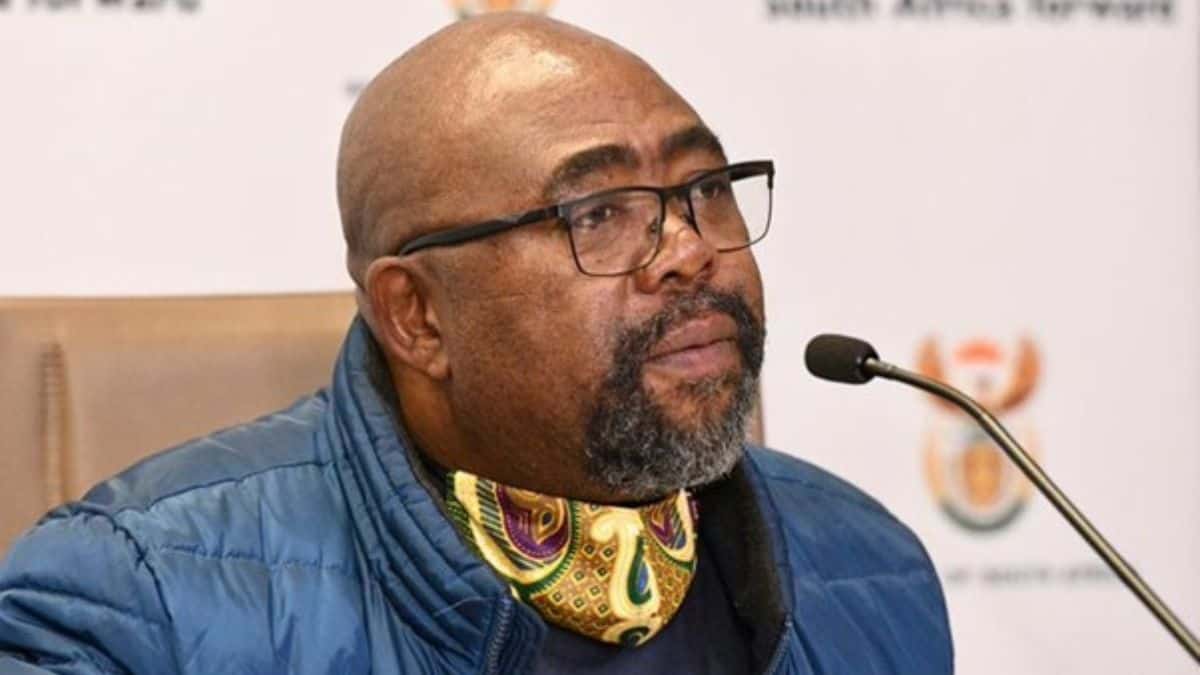Labour Minister Thulas Nxesi said he’ll oppose any move to privatise South Africa’s embattled power utility Eskom, as it struggles to generate power, avoid outages and repay nearly R400 billion of debt.
Privatising the power utility would be detrimental to the poor, Nxesi said in an interview. While thre government previously denied any plans to sell the company, there have been calls to divest from the asset. S&P Global Ratings said the privatising of the embattled power utility would be the best option to resolve the power crisis.
“I am not a proponent of privatisation of key state assets,” said Nxesi who’s also a leader of the South African Communist Party. “If you privatise electricity, you can forget about the majority of people having access to electricity. It is going to be very expensive for them. That’s why government steps in when there is market failure.”
Eskom poses a huge risk to South Africa’s economy and its public finances, with the government guaranteeing as much as R350 billion of its debt. The utility has been intermittently cutting 6000MW from the grid since last month, leaving the country in darkness for hours at a time, resulting in the constraint of output growth.
“I see the energy issue as an economic crisis,” Nxesi said.
South Africa’s economic outlook has taken a huge knock because of the operational issues at Eskom and utility’s revenue is insufficient to reduce its R396 billion of debt, according to S&P Global Ratings. Shifting the company’s obligations onto the state’s balance sheet would precipitate a marked deterioration in the state’s debt.
“These utilities typically tend to be a problem, but then the ones that have done better are the ones that have done some kind of wholesale privatisation,” Zahabia Gupta, S&P associate director of sovereign ratings in the Middle East and Africa, said in an interview. “Then the problem at least is no longer the government’s and typically the utilities run better.”
Nxesi said the governing African National Congress (ANC) could upset South Africans if it’s unable to resolve the energy crisis by 2024, when the next general elections take place.
